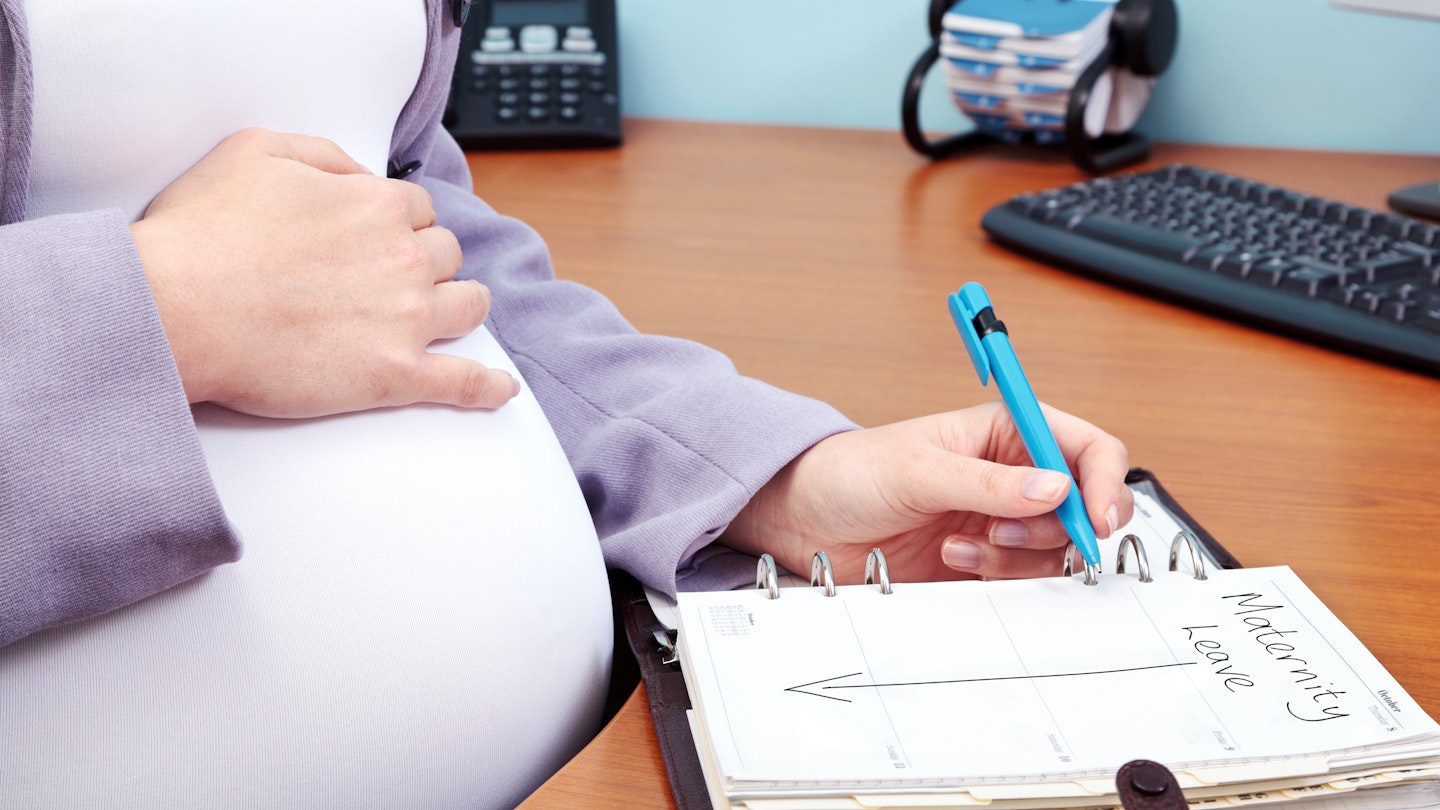The Labour Party has announced it wants to change maternity leave rules to make new parents’ lives easier. At the moment, new mums are entitled to 12 months of statutory maternity leave, but only 39 weeks – or nine months – of this, is paid. And Labour wants to fill up that gap with money.
To get into the nitty gritty of it (skip this paragraph if you’ve had enough of doing maternity maths), at the moment, statutory maternity leave allows women six weeks where they can enjoy being paid 90% of their average weekly earnings (before tax). For the next 33 weeks they are paid either £148.68 per week or 90% of their weekly earnings, whichever is lower. They’re allowed a further 12 weeks off but they won’t be paid. Labour would change this bit, allowing for that previous amount to last up until the 52nd week of maternity leave. This could also be shared with a second partner.
Dawn Butler, the shadow Women and Equalities secretary, said that this measure would mean ‘all mothers can afford to spend those vital early months with their baby’.
We spoke to three mums who did the full nine months paid leave, to find out whether they would have taken Labour’s offer of 12 months’ paid leave.
Angharad, 32, returned to her job in PR just two months ago. At her small company, ‘I was consulted on the maternity package creation for our business. Having had three children himself, my boss was aware of the financial strains families face.’
‘He was insanely generous,’ she says, which means she only spent the last two months of her leave receiving the statutory £148.68 per week. However, ‘even with that generosity, it was never a discussion that I would take the full 12 months off, me and my partner simply couldn’t afford to.’
Me and my husband had to wait until one child was at school until we had another
She’s not sure if she’d take up Labour’s offer, and believes a better solution would be ‘More money for that nine-month period, and better subsidised childcare. The cost is huge every month for just one child. How many mothers are at home and resenting it because working doesn’t make financial sense? How many businesses are losing talented, loyal employees because they can’t afford to pay them a wage covering childcare alongside everything else?’
Sarah, 41, had her maternity leave in 2010, when she was working for the civil service.
‘The first two months after my child was born were difficult, and I had post-natal depression. By the time I was more confident, work was looming. They weren’t hugely supportive and I wasn’t ready to hand my baby over to childcare and return to work. I had to battle to go back part time. I really struggled.’
Twelve months’ paid maternity leave, therefore, ‘is something I would have definitely taken up, without a shadow of a doubt.’
However, she can see some negatives in this new Labour policy: ‘The pay isn’t great. If you haven’t got money in reserve, are you going to be able to stretch it out over three months?
‘We had to rely on savings to cover the time, and we were fortunate to do that. I used holiday time as well.’
Hannah, 35, also used holiday time to extend her 2012 maternity leave. Then in a flat in Peterborough, ‘we could just about cover our mortgage with my statutory pay’, she tells Grazia. During her second pregnancy, though, things were different, as her husband’s company allowed him three months of fully paid paternity leave. ‘It was amazing – he took the time off when the baby was born, so he could hold the baby while I showered, and made me food, and taking my other son to school.’
But as his leave ate into her entitlement, he returned to work two months after their second son was born. Hannah eventually had seven months’ paid maternity leave, then six weeks’ unpaid maternity leave.
‘If I had been able to financially, I would have had some more time off but I wasn’t massively bothered,’ she says. What does bother her, though, is that hers and her husband’s leave was entwined. ‘A further step in the right direction would be addressing childcare costs. Me and my husband had to wait until one child was at school until we had another. We pay £1,000 a month in childcare fees, and we’re lucky, because parents in London pay so much more.’
When women are having to save up holiday time and money while pregnant, then take a huge pay cut to be with their new child, before another pay cut to cover for childcare, you have to wonder how fair so much of the current system is. Labour has made a step forward that will doubtless add up – there were 750,000 live births in 2017, and if that number continues at the same rate, this promise could cost up to £1.3bn But it seems new mums want more. Grazia contacted the other major parties to find out their policies. The Conservatives haven’t yet announced their manifesto commitments, and a spokesperson for the Lib Dems said their upcoming manifesto will include: ‘Requiring employers to publish their parental leave and pay policies and extending shared parental leave to self-employed parents.
READ MORE:
